Chinese professor allegedly helping Huawei steal trade secrets in the U.S., admits to the crime

For those who don't understand why the U.S. picks on Huawei, one reason has to do with the alleged ties between the manufacturer and the Communist Chinese government. Under Chinese law, a company like Huawei can be ordered to obtain information from other companies on behalf of the administration in Beijing. Supposedly, Chinese companies can not turn down such a request although Huawei has said in the past that it would defy any orders issued by the Chinese government to spy on others.
Professor arrested after allegedly stealing a chip on behalf of Huawei pleads down to a lesser charge
Besides the rumored spying, some Chinese companies (including Huawei) have been accused of stealing intellectual property from U.S. companies. If you're a long time PhoneArena reader, you might recall the infamous "Tappy" incident. Tappy is a robot that T-Mobile used for Quality Control tests on handsets offered to its customers. At a time when Huawei had a contingent in the U.S. visiting T-Mobile, this team continued to ask the U.S. carrier questions pertaining to the robot and any proprietary technology used by T-Mobile. The latter's security cameras even picked up the image of a Huawei employee disassembling part of Tappy and sticking it in his laptop bag. This Huawei employee reportedly told investigators that he took the part in order to improve the Chinese manufacturer's own testing robot.
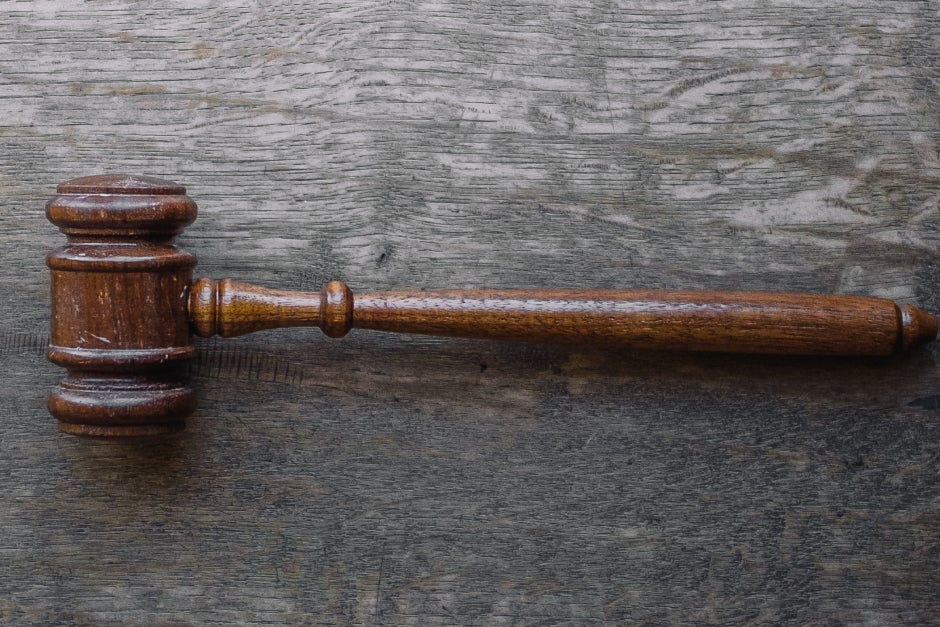
Criminal and civil suits were filed against a professor who allegedly stole technology on behalf of Huawei
T-Mobile was working on a deal to sell Huawei handsets when the Tappy incident occurred and the carrier ended negotiations while filing a civil complaint against the Chinese firm. In the documentation T-Mobile wrote, "Huawei has used the robot technology it misappropriated from T-Mobile to unjustly gain a commercial advantage worth hundreds of millions of dollars."
On Friday, Bloomberg reported that a Chinese professor accused of stealing trade secrets for Huawei took a plea in exchange for a reduced charge. The defendant is Bo Mao, a professor of computer science at Xiamen University in China; in the states he had been working as a visiting professor at the University of Texas. As part of the aforementioned plea agreement, the professor has pleaded guilty to the single charge of making a false statement. More serious charges against Bo were dismissed by federal prosecutors in Brooklyn. The professor was facing charges of conspiracy and trade-secrets theft. He now will be the subject of a sentencing hearing to take place on December 14th; the hearing was scheduled by U.S. District Judge Pamela Chen who, under the terms of the agreement, will sentence Bo for the time served in custody since being arrested last year. He will return to China after sentencing. In 2016, Professor Mao allegedly stole a computer chip on behalf of a Chinese tech company while reportedly doing academic research.
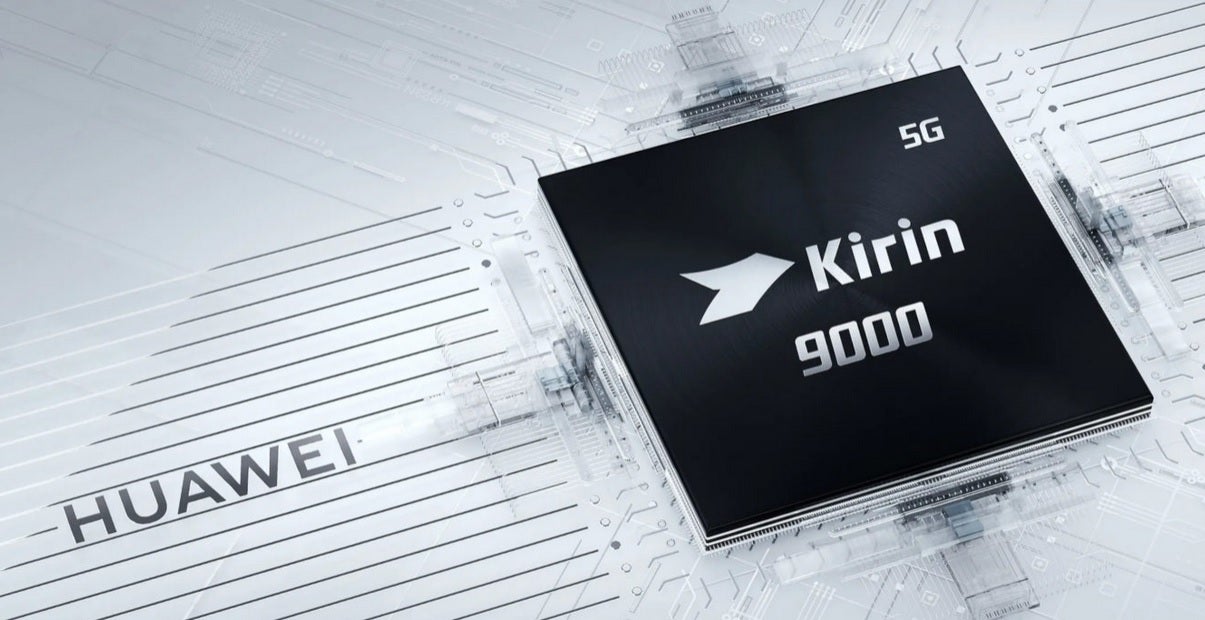
Huawei can't get enough of its most advanced chip, the Kirin 9000 5G
While the criminal charges didn't mention the company that was supposedly helping Bo steal the chip, a civil case against the professor featured the same exact allegations against him except that it specifically named Huawei as the company that was working alongside Bo.
Currently, Huawei remains on the U.S. Commerce Department's Entity List which prevents the firm from accessing its U.S. based supply chain including Google. Since Google's apps can not be installed on Huawei phones, this has probably resulted in lost sales of international units since most of Google's apps are banned in China anyway. While Huawei has been able to work around this, new export rules announced by the U.S. back in May are providing more of a challenge. Any foundry that uses American-sourced parts to produce chips must obtain a license from the Commerce Department to send cutting-edge components to Huawei. The 5nm Kirin 9000 chipset, manufactured by TSMC, is in short supply because of this rule; Huawei powers its most advanced smartphone line (the Mate 40 series) with this integrated circuit and also uses the part on the base stations it produces for its 5G networking equipment.
Follow us on Google News





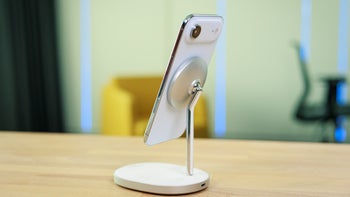
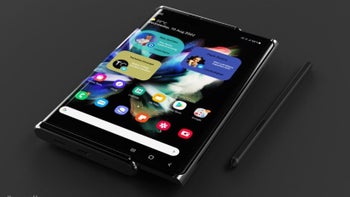
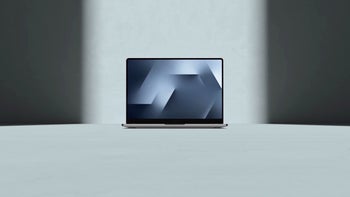

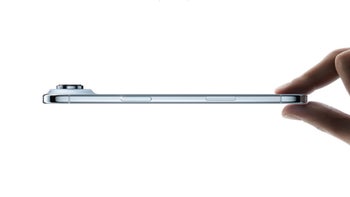


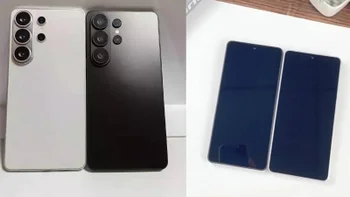
Things that are NOT allowed:
To help keep our community safe and free from spam, we apply temporary limits to newly created accounts: